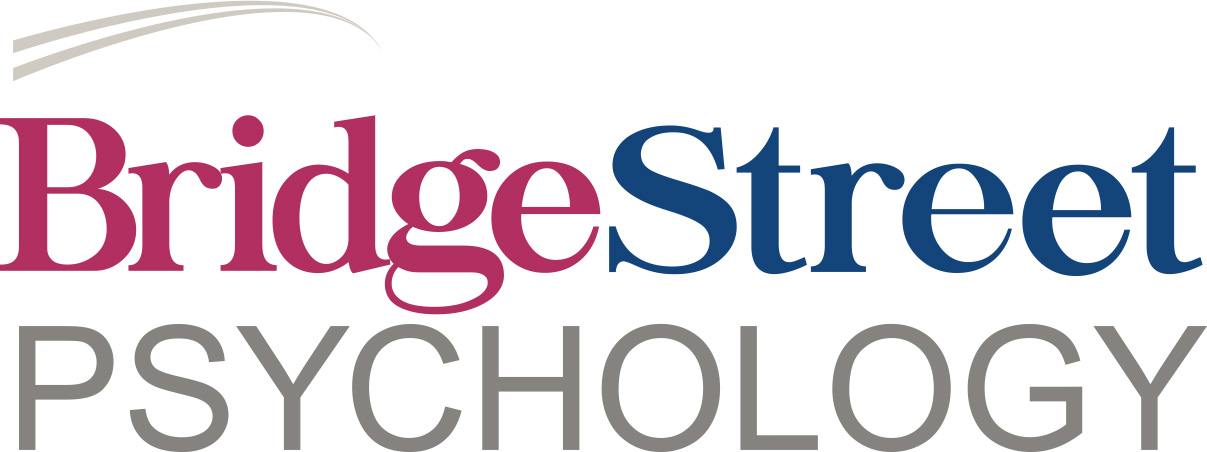Bridge Street Psychology is a psychology clinic in the heart of Epping dedicated to achieving better mental health outcomes for their clients.
Our psychologists will provide you with evidence based strategies so you can work towards improving your mental health and overall wellbeing.


